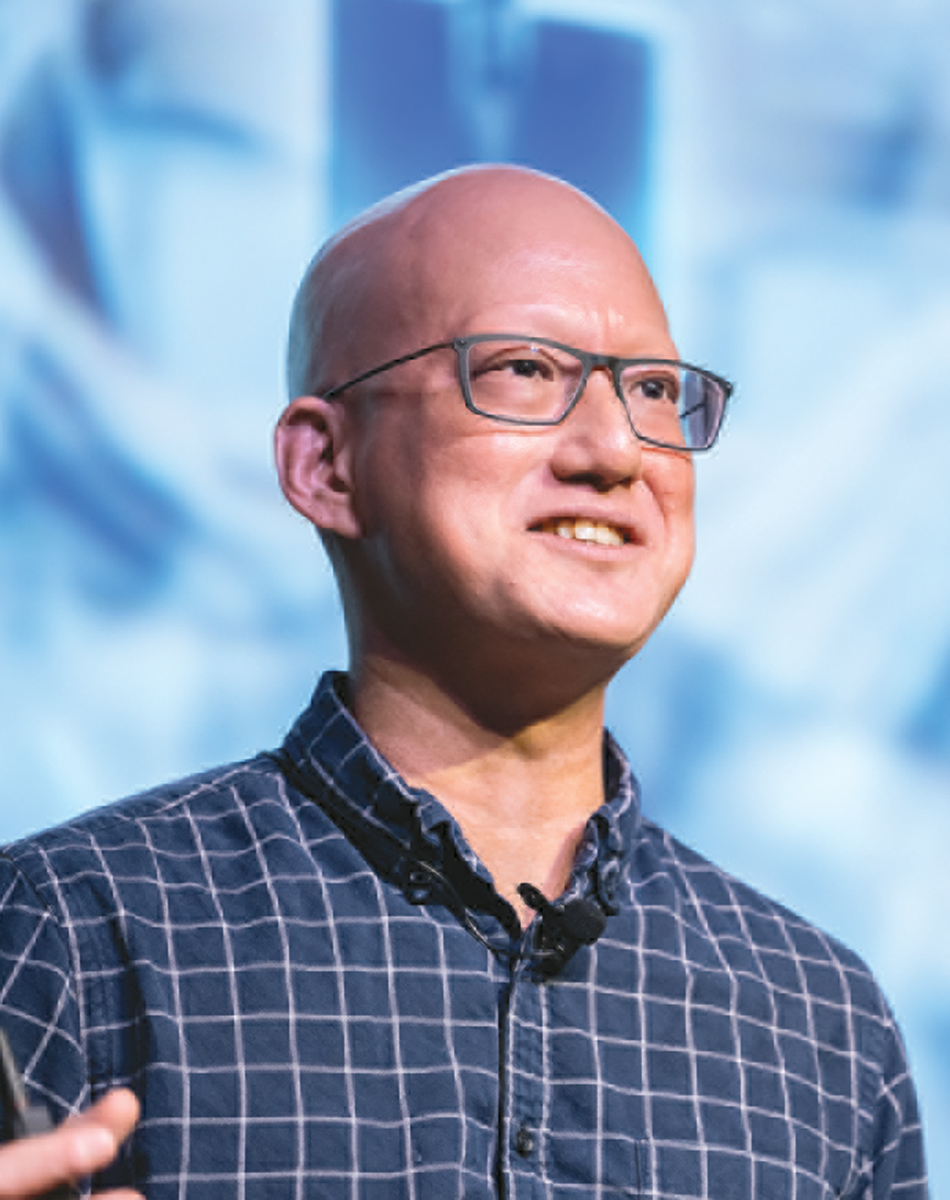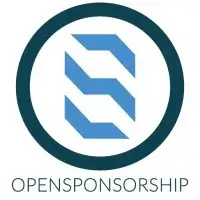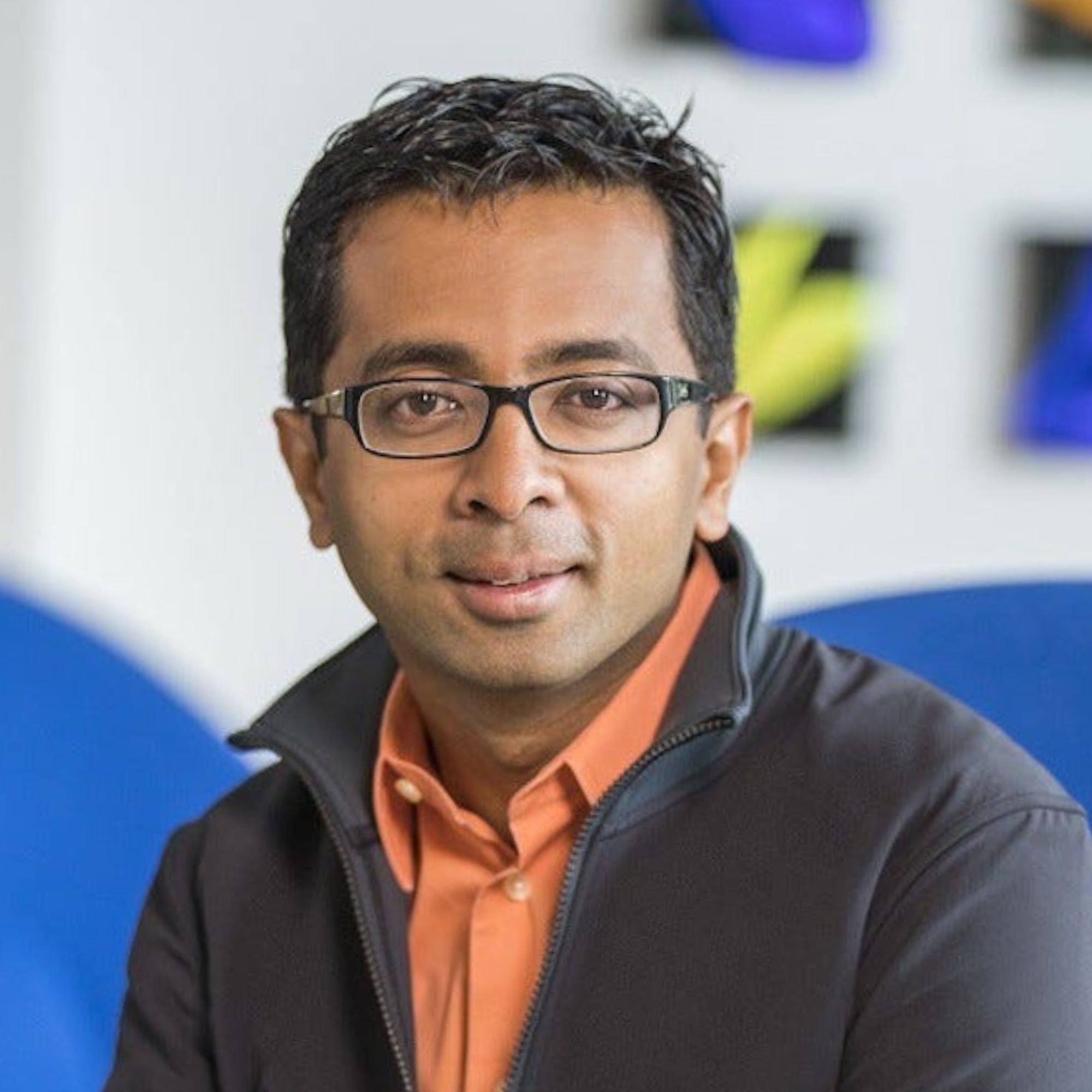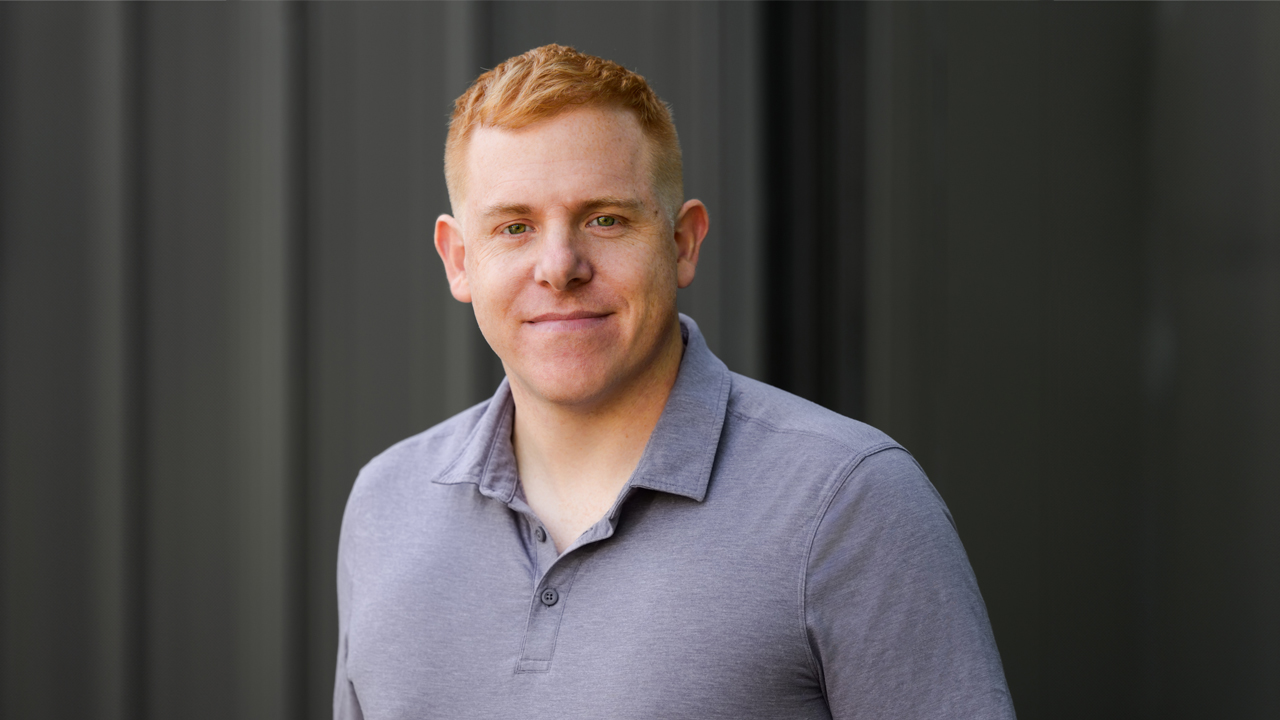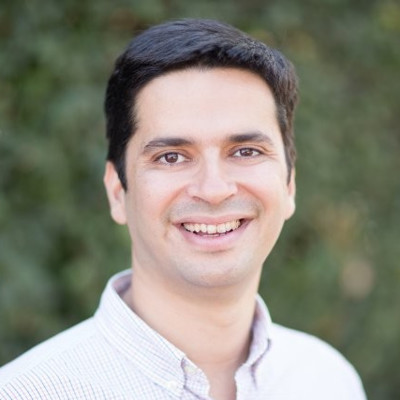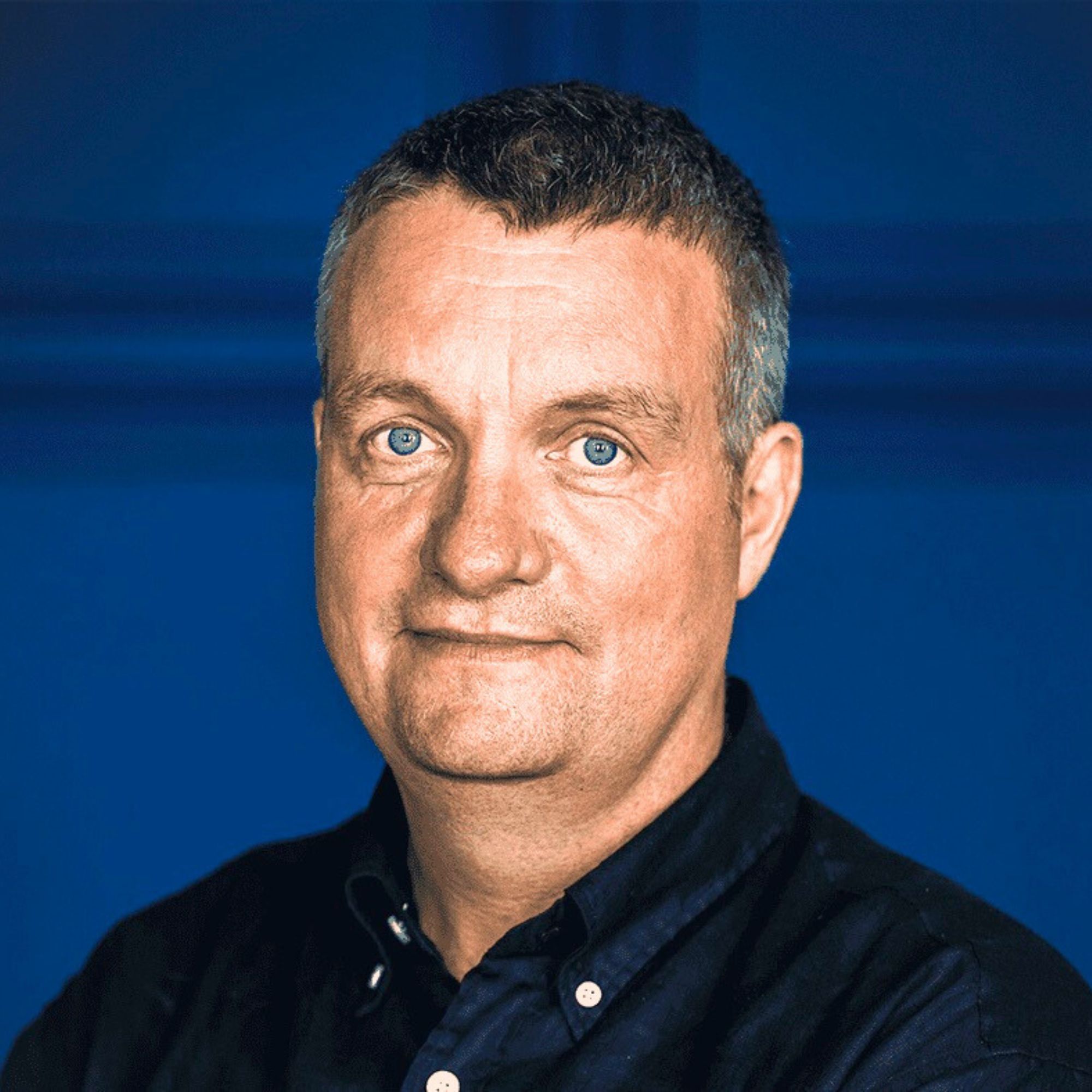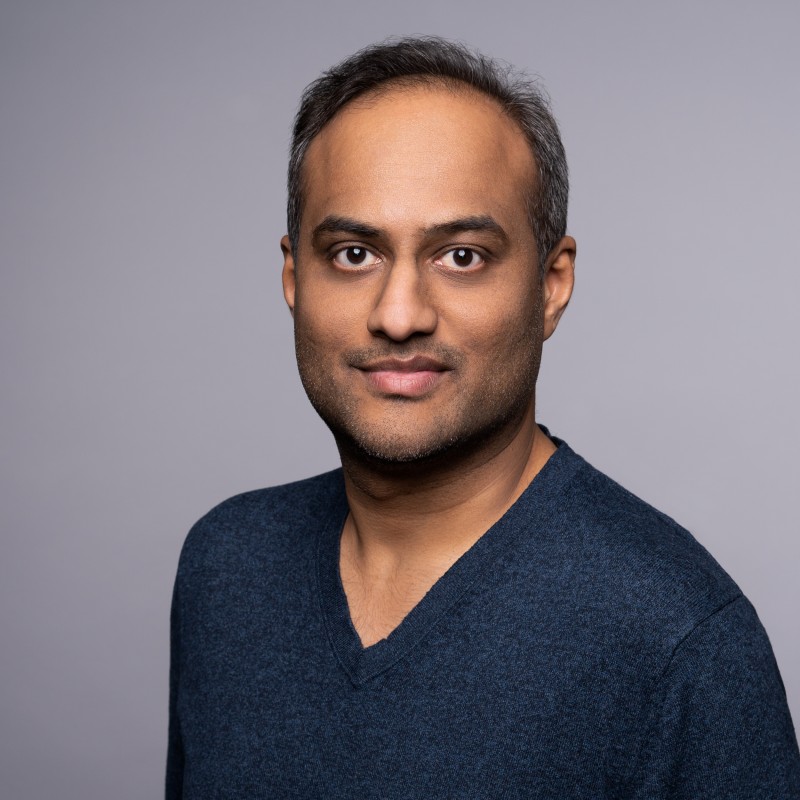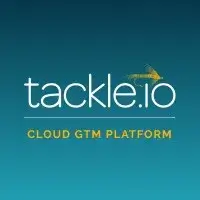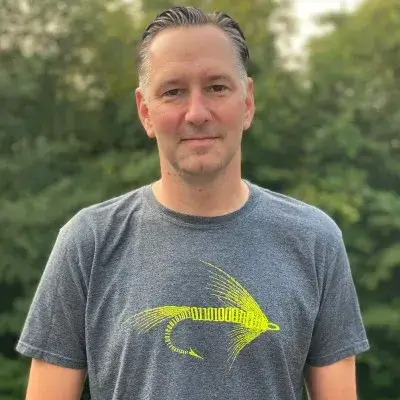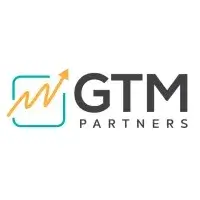Ready to launch your own podcast? Book a strategy call.
Frontlines.io | Where B2B Founders Talk GTM.
Strategic Communications Advisory For Visionary Founders
Conversation
Highlights
AI-Powered Go-to-Market: Inside Daniel Saks’ Vision for Software That Works For You
After building AppDirect into one of the first hundred unicorns, Daniel Saks could have easily retired to a beach somewhere. Instead, he’s pioneering a radical rethinking of go-to-market automation with his new venture, Landbase, which has already secured $12.5 million in seed funding.
In a recent episode of Category Visionaries, Daniel shared his journey from AppDirect to Landbase and revealed why he believes the traditional go-to-market playbook is fundamentally broken in today’s AI-driven world.
The Problem Worth Solving
The entrepreneurial itch struck Daniel just eight weeks into his post-AppDirect sabbatical. While traveling with his family through the Amazon rainforest, Africa, and Indonesia, he couldn’t stop thinking about a persistent challenge that plagues virtually every business: generating quality leads that convert.
“The biggest business challenge that people have is generating leads that convert,” Daniel explains. “What’s crazy about Go to Market today is that you need so many tools, so much data and so many people to have an effective go to market and to break through the noise.”
This complexity creates a massive barrier to entry for most companies. The current reality is sobering: according to Landbase’s research, 45% of campaigns fail to generate leads that convert.
The existing solution—hiring SDRs, working with agencies, or building a complex tech stack—is not only expensive but painfully slow. Daniel’s vision flips this model on its head.
From Months to Minutes
Landbase’s core innovation centers around a fundamental belief: “You shouldn’t need a PhD in go to Market in order to generate leads,” Daniel says. “We believe in a world where you no longer should have to live and kind of work for your software, but your software works for you.”
This philosophy crystallizes in Landbase’s newly released campaign feed, which uses agentic AI to recommend campaign strategies with high conversion potential. Users can launch campaigns in minutes rather than months by simply accepting, declining, or editing AI-generated recommendations.
Behind this seemingly simple interface lies extraordinary technical complexity. Landbase has assembled a team of Stanford PhDs and NASA data scientists to build what they call “GTM1 Omni”—a domain-specific AI model trained on 175 million contacts, 22 million businesses, and countless signals.
The Untapped Opportunity in Micro-Targeting
Perhaps the most counterintuitive insight from Daniel’s go-to-market journey is the power of extreme specificity. While most marketing efforts cast wide nets, Landbase’s data reveals that hyper-focused approaches yield dramatically better results.
“We’re finding that micro ICPs or audiences that have a very niche problem that’s not really readily sellable online get huge demand,” Daniel shares. “It’s so easy they could have like insane open rates, like 90% email open rates where others like, you know, can’t even get a percent.”
This discovery points to a massive opportunity in traditional industries that haven’t been digitized. As Daniel puts it: “Most traditional businesses still sell offline and there’s no data to kind of bring these things online. So think about like tool and die manufacturing or landscaping or mining.”
For entrepreneurs looking to test ideas quickly, these underserved niches represent fertile ground. “If I were an entrepreneur today that’s looking to start something and test really quickly… you can find that all these niche traditional markets that aren’t digitized, there’s this like demand and thirst to get knowledge.”
Beyond the Lean Startup
Daniel’s approach to building Landbase directly challenges conventional startup wisdom. When asked about lessons from AppDirect that he’s applying to his new venture, his response is refreshingly blunt.
“I think you like fucking throw it all out the window and start from scratch,” he says. “Honestly, so much changes so fast that like something that worked yesterday is not going to work tomorrow.”
This extends to foundational startup methodologies that have guided tech for over a decade. “The Y Combinator Playbook of 2009 or the Lean Start methodology, right, those things don’t apply anymore,” Daniel argues. “The idea of like build a point solution around a defined customer market and scale it, I just don’t think that is. I think it’s a saturated playbook.”
In the AI era, when anyone can access the collective knowledge of humanity through large language models, the traditional path to building competitive moats has fundamentally changed. This reality demands more radical thinking and higher-risk approaches.
Digital Trust as the New Currency
Central to Landbase’s go-to-market approach is the concept of digital trust—the credibility of both the company and individual seller in digital spaces.
“What matters most in this era is digital trust and that’s trust in the seller’s brand,” Daniel explains. This creates unique challenges for startups with new domains and founders without established digital footprints.
To help companies measure and improve their digital trust, Landbase offers a free assessment tool that evaluates factors like case studies (video performs better than text), third-party reviews, authority figures discussing your brand, and domain authority through proper backlinks.
Humans and AI: Partnership, Not Replacement
Despite Landbase’s heavy investment in AI, Daniel remains adamantly opposed to the idea that technology will replace humans. Instead, he sees AI as enabling people to focus on what makes them uniquely human.
“I’m actually a big believer that AI will not replace people. Humans are more important than ever,” he emphasizes. “The machines will automate the mundane so humans can do more human things.”
This philosophy shapes Landbase’s product design, which preserves human agency while leveraging machine intelligence. AI generates recommendations, but humans maintain decision-making control—accepting, declining, or modifying suggestions based on their judgment and brand knowledge.
Looking Forward: The Human Reclamation
Daniel’s vision extends beyond streamlining go-to-market processes. He sees AI automation as part of a broader transformation in how we work and live.
“In the future, most of what people do today is going to be automated for the better,” he predicts. “And people have the choice. Do they want to work less, do they want to work more? Do they want to collaborate differently?”
This creates space for companies to define their own cultural approach to AI augmentation. Some might follow Jamie Dimon’s intensity-driven model at JP Morgan, while others might embrace a more balanced approach that prioritizes personal time and well-being.
For Daniel, the ultimate goal is making us “more human, not less human” by reclaiming our days from mundane technological busywork. It’s a vision that makes Landbase not just a go-to-market platform, but potentially a pioneer in a more humanistic approach to AI-powered work.
With its combination of cutting-edge technology and human-centered design, Landbase is positioning itself at the forefront of AI’s transformation of B2B sales and marketing—and perhaps, of how we work altogether.
Actionable
Takeaways
AI should augment humans, not replace them:
Daniel emphasizes that AI's role is to "automate the mundane so humans can do more human things." The most effective AI implementation preserves human agency while enhancing performance through machine intelligence.
Focus on micro-ICPs for higher conversion:
Landbase's data shows that targeting micro-ICPs (Ideal Customer Profiles) or niche audiences with specific problems can yield dramatically higher engagement rates—sometimes up to 90% email open rates compared to 1% for broader approaches.
Opportunity in underdigitized industries:
Traditional businesses like tool and die manufacturing, landscaping, or mining represent untapped markets for digital solutions. Being the first to create content for these niches can give you a significant advantage.
Digital trust is the new currency:
Building trust through your digital presence is critical. This includes having relevant case studies (video performs better than text), third-party ratings and reviews, credible authorities discussing your brand, and strong domain authority through proper backlinks.
The Y Combinator playbook is outdated:
Daniel argues that the traditional lean startup methodology of building a point solution around a defined customer market doesn't work in today's AI landscape. Creating a sustainable moat requires thinking differently and taking greater risks.





